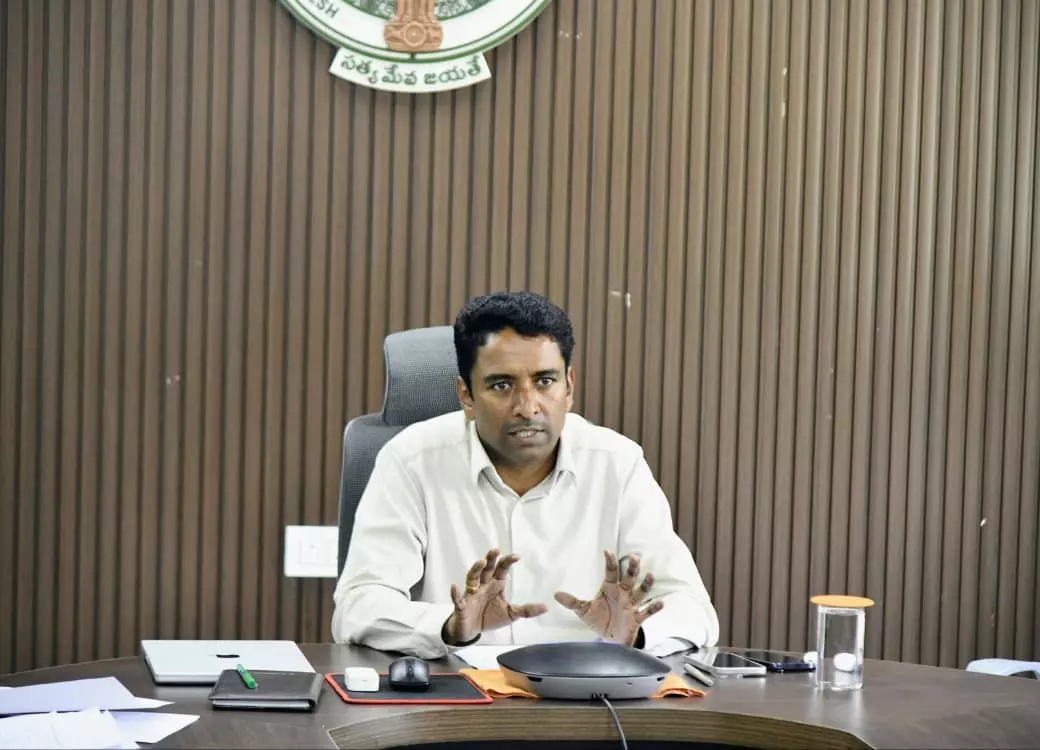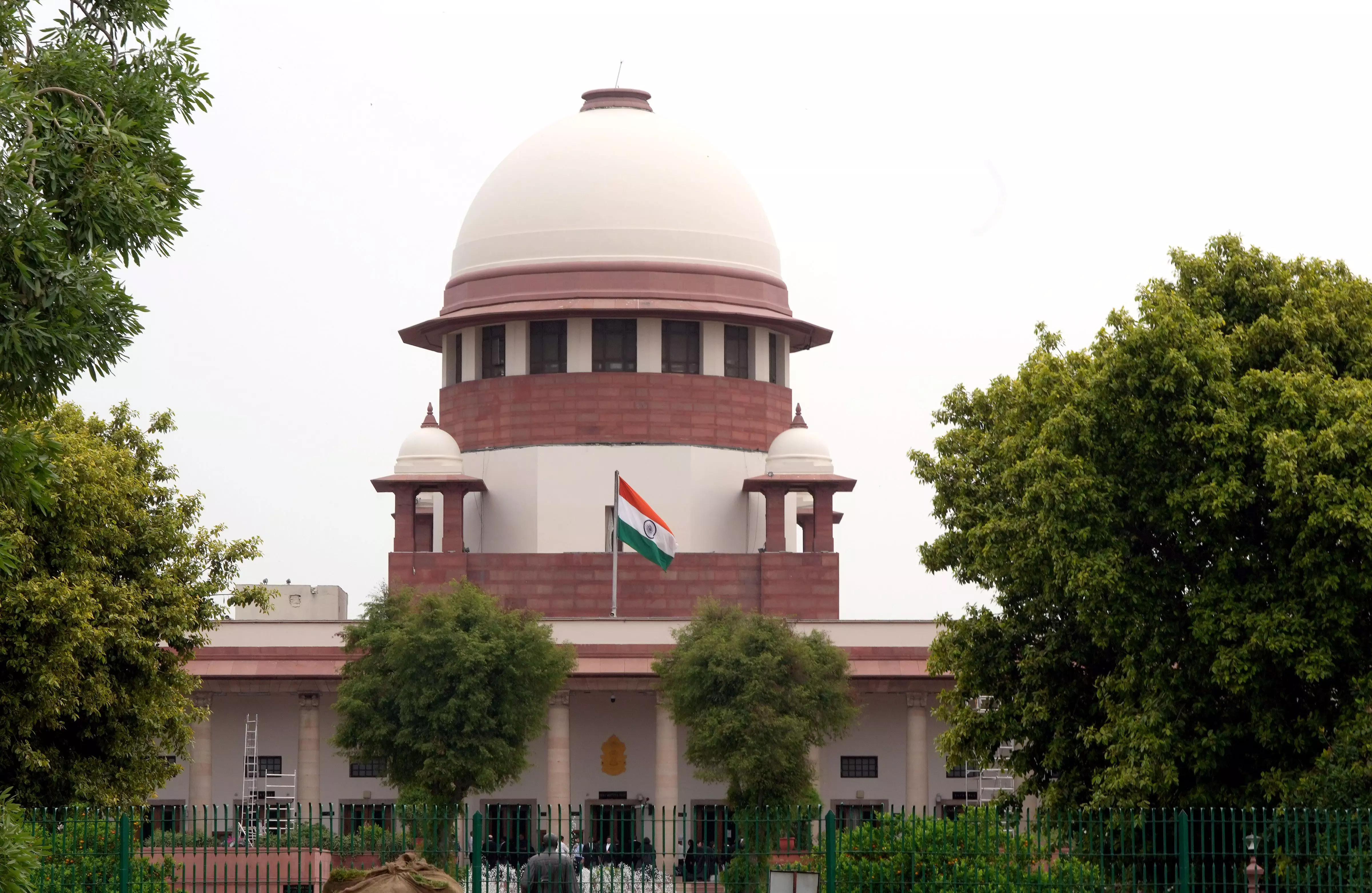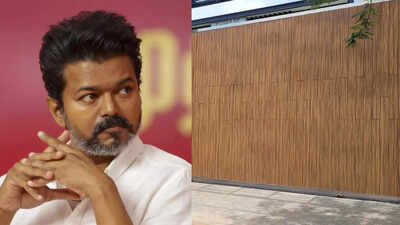Unlock the Editor’s Digest for free
Roula Khalaf, Editor of the FT, selects her favourite stories in this weekly newsletter.
One of First Brands’ largest creditors has alleged that as much as $2.3bn has “simply vanished” as part of the bankrupt auto supplier’s failure, calling for an independent examiner to probe its downfall.
The claim from Raistone, a technology group that helped arrange a significant portion of First Brands’ off-balance sheet financing with investors, highlights the scale of losses that lenders fear they could suffer as part of the collapse.
First Brands’ swift downfall has sent ripples through global credit markets, the source of trillions of dollars of debt that companies rely on to finance their operations. Investors are now closely watching the bankruptcy proceedings.
Raistone said, with up to $2.3bn of assets “unaccounted for”, the appointment of an outside examiner to lead an investigation was “critical to maximising recovery for creditors”.
“The debtors should not be permitted to appoint the very parties that will investigate their own potential misconduct,” wrote Richard Jacobsen, counsel for Raistone.
First Brands has appointed two independent directors to lead an investigation into its off-balance sheet financing arrangements as part of its bankruptcy. Its existing management team, including chief executive officer and founder Patrick James, is still in place.
First Brands has also hired the law firm Weil, Gotshal & Manges and investment bank Lazard to shepherd it through the bankruptcy process.
The company’s advisers told the court overseeing its bankruptcy that they could not account for $1.9bn of assets meant to serve as collateral to First Brands’ creditors.
“The debtors have already at a minimum admitted to accounting irregularities in this instance, but an investigation by the debtors into their own potential wrongdoing is woefully insufficient given the magnitude of potential misconduct at issue,” said Jacobsen in his petition for Raistone.
First Brands declined to comment.
Erica Weisgerber, counsel for First Brands’ owners and top executives, told the court this month: “We’ll continue to hear allegations . . . about the company and its management. And on behalf of our clients, we want to be on the record categorically refuting those allegations.”
Raistone on Wednesday noted it was owed at least $172mn. The group, which is part-owned by a fund operated by UBS O’Connor, has been tied to investors with $631mn of exposure to First Brands’ invoices, bankruptcy filings show.
Sunny Singh, a lawyer for First Brands, said there were “zero dollars” when asked at a hearing this month where roughly $2bn raised by First Brands through “factoring” — a type of off-balance sheet invoice financing — was held.
“It’s not here. We don’t have it,” he said. “There’s $12mn in the bank account today. That’s it. There’s nothing else.”
In most US bankruptcies, the judge allows the company and its advisers to direct the case, believing a debtor-driven process maximises recoveries for all stakeholders.
However, creditors often worry that in contentious cases with the spectre of potential wrongdoing, debtors may not vigorously look into past behaviour.
Bankruptcy court often becomes the venue to hash out misconduct allegations in big corporate blow-ups.
The bankruptcy case of FTX, for example, involved an examiner who probed the cryptocurrency exchange’s actions before it collapsed into insolvency.












































